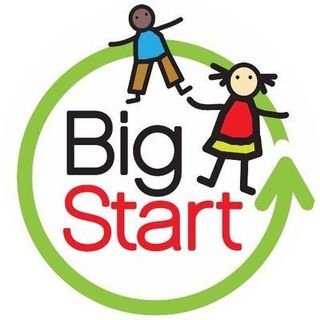Pre-Budget Submission 2021
Introduction
Prior to the Covid-19 pandemic Ireland’s Early Childhood Education and Care (ECEC) sector was in crisis. Low pay and high staff turnover were undermining quality for children. Parents were paying the highest fees in the European Union (EU), significantly raising the cost of living and restricting access to the labour force, particularly for women. Since the full reopening of the sector in September, pay and poor conditions have deteriorated for many Early Years professionals which may impact on efforts to control the spread of Covid-19.
Low Pay
Over 60% of Early Years professionals earn below the Living Wage according to Pobal’s Early Years Sector Profile Report 2018/2019. In addition, ‘Early Years Assistants’ earn on average just €11.46 per hour, 84c below the Living Wage of €12.30. Early Years managers earn just €15.56 per hour. Since full day services reopened in June, 28% of Early Years Educators and 24% of Early Years Managers have suffered a reduction in pay2. 98% of Early Years professionals are women.
High Turnover
Low pay has resulted in persistently high staff turnover rates. For full day care services, the average staff turnover rate is 40% per year; overall the staff turnover rate stands at 23%. 51% of Early Years professionals are actively looking for another job3 . Research has consistently shown that a high turnover of staff undermines the delivery of high-quality services4 , however it may also impact on the Covid-19 control measures.
Covid-19 Control
Poor pay and conditions may impact on Covid-19 control measures. The core infection control policy is the ‘play pod’ which comprises a group of children and the adults who remain with that group as key workers. A high turnover of staff, or an over reliance on relief staff may undermine this measure as staff rotate in and out of ‘play pods’. Furthermore 79% of Early Years professionals do not have a sick pay scheme at work5 . The lack of sick pay and the high use of agency staff had been identified by an Office of National Statistics (UK) report as increasing the rise of Covid-19 transmission in nursing homes6 .
Funding & Pay
Despite a major increase in government spending in recent years, Ireland continues to underspend on Early Childhood Education and Care when compared to the rest of the EU. The Republic of Ireland (ROI) spends just 0.3% of GNI* compared to an EU average of 0.7% and well below the UNICEF 1% GDP target. State subsidies represent 58% of the total income for ECEC services7 . Despite additional funding for the ECEC sector during the pandemic and since reopening, Early Years Educators are not seeing the benefits in terms of pay and conditions. In fact, over 30% of Early Years professionals are on less pay than before the pandemic since services reopened on the 29th June.
Budget 2021
The Programme for Government commits to making “a career in childcare more attractive” and to “support staff retention”. This is a welcome development and one that needs immediate action in Budget 2021 with direct support for improved pay and conditions. The specific details sought by SIPTU are set out below. The Government has also committed to a “long-term sustainable funding model that promotes quality, better outcomes for children” in consultation with educators, providers and parents. The development of a radical new funding model is key to reform of the sector for the benefit of children, parents and educators
RECOMMENDATIONS
To address the crisis of staff turnover, low pay and strengthened Covid-19 control measures, SIPTU is calling for:
The introduction of a Living Wage guarantee for all Early Years professionals as a first step to phasing in the professional pay scale – cost €30 million
Support a minimum of 5 days uncertified paid sick leave

